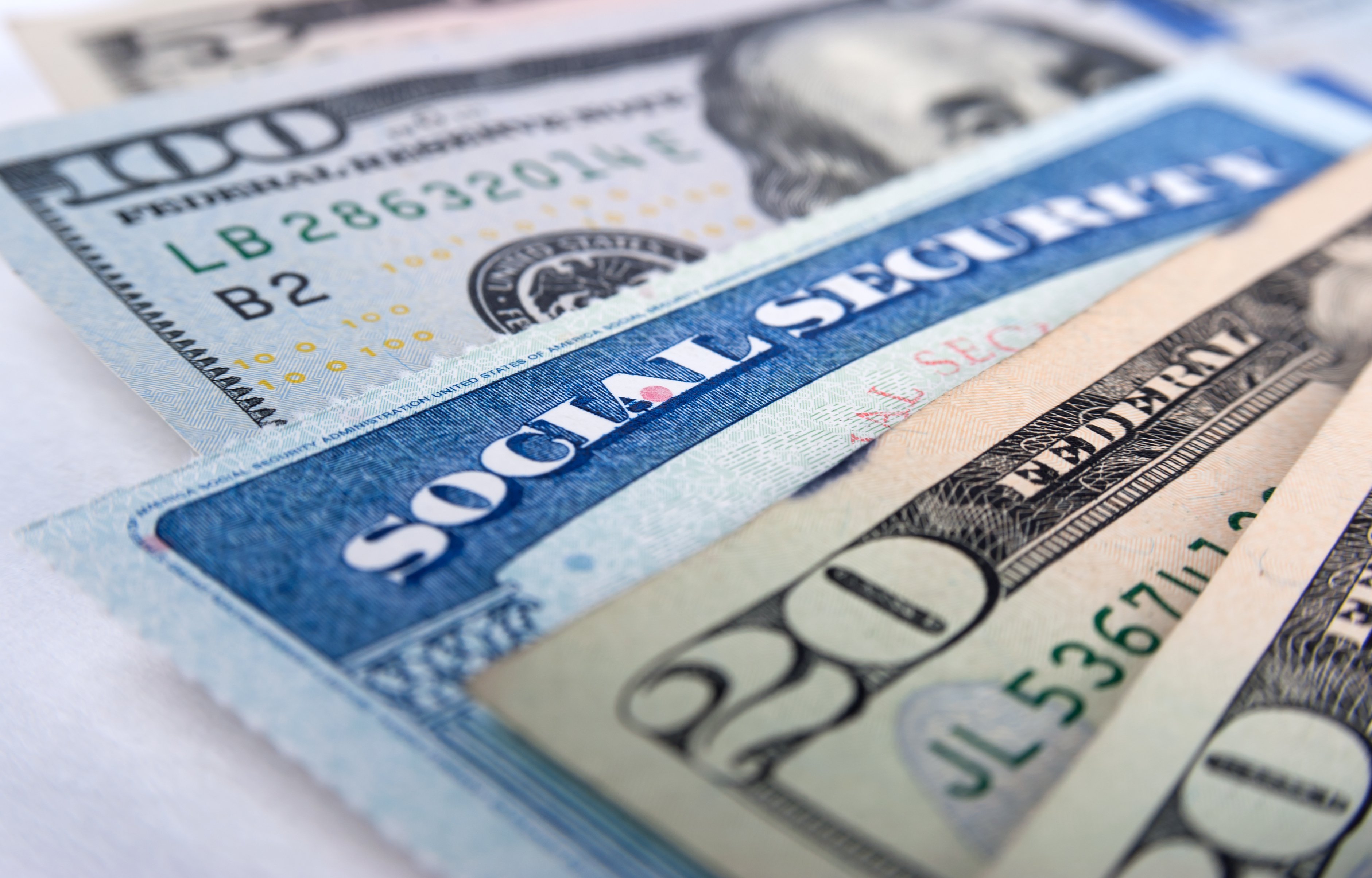
If you're seriously strapped for cash, you may need to give up things you'll actually miss. Image source: Getty Images.
Normally, when financial journalists write about saving money, they talk about making easy fixes that you'll barely notice.
There are a lot of painless ways to save money, but sometimes hitting your financial goals requires you to dig a little deeper. Maybe you're planning for retirement, scraping together an emergency fund, or saving up for something big like a new home. Whatever the reason, not every financial goal can be accomplished by swapping out your latte for a regular cup of coffee or dropping HBO. To save big, you have to think big.
Below are seven ways you can save hundreds or thousands of dollars. They'll require you to make some significant sacrifices, but they could go a long way toward helping you achieve your long-term goals. Call this the "no pain, no gain" method of saving money.

Cable is something people want, but don't need. Image source: Getty Images.
Give up cable
The average American spends about $70 per month for cable, according to the most recent report from the Federal Communications Commission (FCC). However, that data is almost two years old, so the current number is likely a bit higher.
Still, if you assume that most people pay $70 a month, the possible savings are significant. In most cases, people dropping cable will pay $5 to $10 more for internet, and many will add a streaming service for around $10 a month. That leaves people with between $50 an $55 a month in savings -- and a little more on top of that, because the FCC figures do not include all of the taxes and fees most cable companies charge.

Skipping your big getaway may be a tough pill to swallow, but it can save you a lot of money. Image source: Getty Images.
Don't go on a vacation
Everyone likes to get away, but even a local vacation that doesn't involve airfare has significant costs. Yes, it's possible to cut the price of a vacation, but the biggest cut is to simply not go at all. How much you save will of course vary based on how much you spend, but even a modest hotel plus a meal or two out can easily add up to hundreds a day.

Holding on to your car after it's paid off can be a major savings. Image source: Getty Images.
Keep your car an extra year
In many cases, people use the occasion of paying off their car loan as justification to buy a new one. Unless your car is falling apart and has significant maintenance expenses looming, that's a very short-sighted decision.
The average American paid $503 a month for their car loan as of last year, according to CNBC. That's just over $6,000 a year you could save by keeping your paid-off car. Even if you paid $2,000 in repairs each year, not buying a new car would still mean a $4,000 boost in your savings. And the fact of the matter is that most people don't realize just how much their cars cost them.

Eating out is fun and convenient, but it's ultimately an indulgence. Image source: Getty Images.
Eat out less often
Americans in general are eating out less often, but if you're not in on that trend, it's a good way to save some money. Restaurants -- even moderately priced ones -- are simply more expensive than cooking at home. In addition, eating out comes with traps, like having a drink or two, that can inflate your bill.
Getting rid of one meal a week at a casual, sit-down restaurant may take $40 each week out of your expense column. Replace that with a dinner made at home using $10 worth of groceries, and you're $30 net positive each week, with the biggest negative being that you have to do the work of shopping and cooking.

Buying a one-year-old car can save you thousands. Image source: Pixabay.
Buy a used car
The second you drive a car off the lot, it's worth less money than you paid for it. That's called the "depreciation curve," and there's a way to make it work for you. Instead of buying a new car, purchase one that's a year or two old.
"The typical midsize sedan loses more than $7,419 in its first year; then it loses less than that in the next three years combined," according to Edmunds.
If you buy the car when it's even a year old, the original owner would have taken a major hit to its value. You still get a pretty new car, but at a much lower price.

Saving money on a degree is a sacrifice that can make a lifelong difference. Image source: Getty Images.
Go to a state or community college
There are only a few professions where the name of the college you went to will matter. In many professions, getting a degree is important, but where it's from matters less. Going to a public school in the state where your reside can dramatically reduce your need for student loans, which can be a burden for decades. StudentLoanHero.com laid out the potential savings:
For the 2015-2016 school year, the average tuition for a public university was $9,410 for in-state students and $23,893 for out-of-state residents. Compare those rates to that of a private school, which averaged $32,405.
The savings for you or your child have to be weighed against any loss of opportunity, but the potential financial reward is over $80,000 across a four-year education. Not having that debt could be a major edge that has its own advantages when it comes to future work options.

A house does not have to be large to be home. Image source: Getty Images.
Buy a smaller house
For most people, a house is the largest purchase they will ever make. It's tempting to buy the home of your dreams, no matter the cost. However, that's a decision that can have 30 years of ramifications as you pay off your mortgage.
For every $10,000 you borrow at 4% interest with a 30-year mortgage, you will pay $47.74 each month. Spend $40,000 less on a house, and that's about $200 extra in your pocket each month. That's money you could use put into savings or use to pay your mortgage off faster, which would save you in interest. Yes, you'll have a smaller or less modern house, but you won't be a prisoner to your mortgage.





